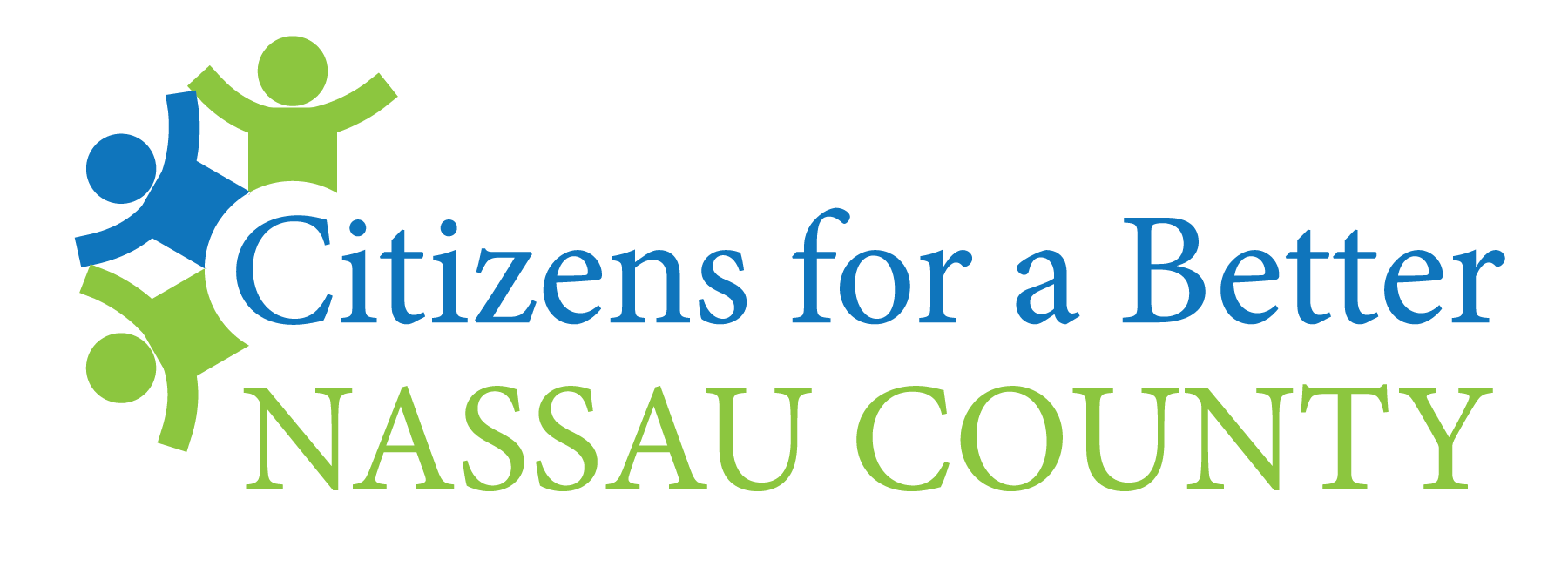Nassau County, Fla. – Citizens for a Better Nassau County today released an updated study, performed by the real estate economics consulting firm RCLCO, that reexamines Nassau County’s fiscal sustainability. The original study, which was commissioned by Citizens for a Better Nassau County back in 2016, showed that Nassau County was facing long-term fiscal sustainability issues.
Specifically, the 2016 study found that the county’s tax base was much more dependent on its residential tax base than surrounding counties, counties of a similar size and to Florida as a whole. It also showed that the anemic growth in industrial and commercial land use development had created a much greater reliance on residential property taxes to fund the county government and that a lack of higher value industrial and commercial development had contributed to the one-mill property tax increase that had happened at that time.
“We’re excited to be releasing an updated study that shows where Nassau County is today,” said Bill Gingrich, a retired GE executive and the chairman of Citizens for a Better Nassau County. “The 2016 study stressed the need for the county to diversify and broaden its tax base and decrease its dependence on residential property taxes to fund all government services, in order to become more fiscally sustainable, and we wanted to see if the county has made any progress toward doing so.”
Over the past two years, Citizens for a Better Nassau County has detailed the concerted effort that Nassau County has made to address its fiscal sustainability, which has included the following:
- Shifting historic development patterns to higher quality and more compact, mixed-use community developments to minimize the impacts of inevitable population growth while encouraging non-residential land uses and economic development to strengthen tax rolls,
- Right-sizing impact fees paid by builders after many years of mismanagement,
- Developing and executing fully funded capital improvement plans, resulting in new fire houses, parks and infrastructure improvements across the county,
- Implementing multi-year budgetary practices,
- All while maintaining low millage rates.
“We wanted to know if all this work by our county commission had paid off, and the updated study shows that it has and that what they are doing is moving the needle in the right direction,” said Gingrich.
The updated study found the following:
- While Nassau County still remains more reliant on residential development than other counties in the state and the region, the county has seen an increase in retail and office development, which has helped to create a more diverse tax base.
- Office occupancies are also strong relative to more urban areas, insulating the county budget somewhat from declining office property values seen in other parts of the country.
- In turn, millage rates have declined modestly since 2016, in part due to the support of a growing tax base.
All commercial development – industrial, retail and office – increases fiscal strength more than residential uses do, with 25 acres of retail generating over 26 times the net fiscal impact of 25 acres of single family residential. This means that additional commercial development in Nassau County will enable the county to continue to maintain its low millage rates.
“While the industrial development that is needed to further diversify the tax base hasn’t borne out yet in the current economy with high uncertainty, development costs and interest rates, the county is now well positioned for it,” said Gingrich. “The county now has the means to do so, as both the Crawford Diamond, southwest of Callahan, and the Wildlight Commerce Park are ready for development.”
“Diversifying our local economy and tax base benefits everyone, creating an economy more resilient to future economic downturn, high-wage jobs for current and future generations of citizens, lower residential property taxes, a higher quality of life and a more fiscally sustainable county,” said Gingrich. “Our county commissioners and staff deserve a lot of recognition for helping to get our county on the right fiscal path. We hope they keep up the great work!”
To learn more about Citizens for a Better Nassau County and to read the 2016 RCLCO study, as well as the updated study, visit citizensforabetternassau.com.
# # #
